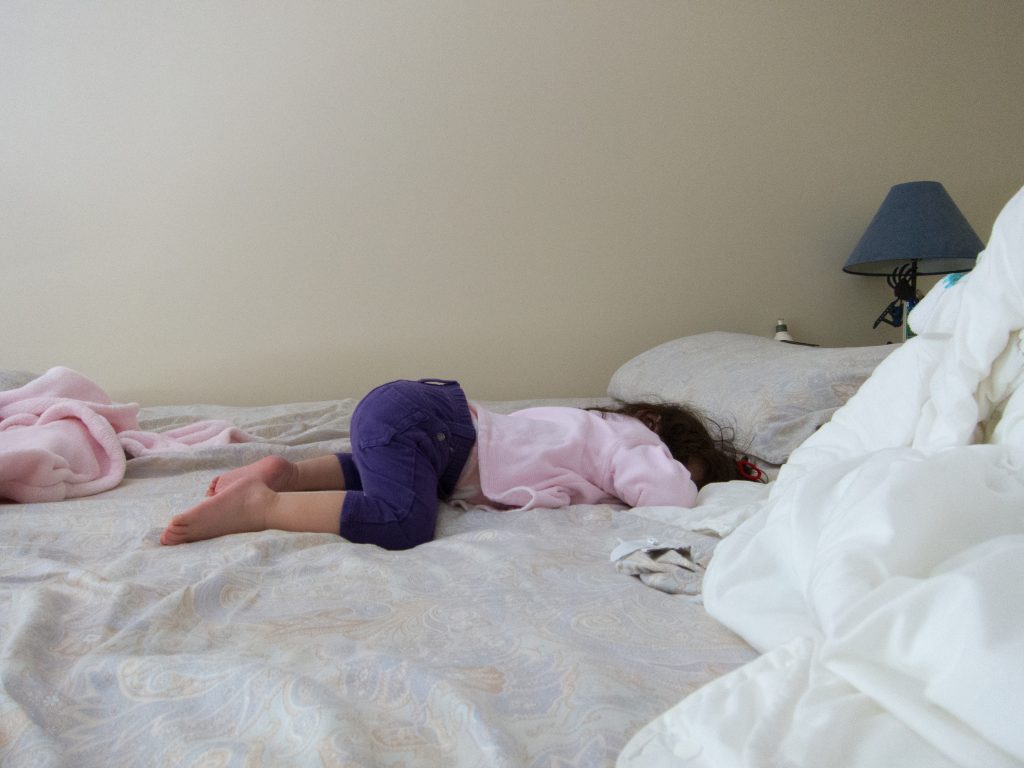
We all understand the importance of a good night’s sleep for our overall well-being. However, it’s not uncommon to find ourselves waking up inexplicably in the middle of the night, leading to worries about how these interrupted sleep episodes might affect our health. Paradoxically, stressing out about sleep disturbances can exacerbate the problem. Often, we tend to over-monitor our sleep patterns, which can impede the relaxation essential for winding down and falling back asleep.
In essence, it’s a vicious circle. So, how can we break free from this cycle and ensure a more restful night? It starts with understanding your sleep habits, particularly the times when you wake up during the night.
Firstly, it’s essential to realize that waking up at night is not unusual. In fact, Dr. Jose Colon, author of “The Sleep Diet,” notes that nobody truly sleeps through the night. This tendency harks back to our ancient ancestors who needed to periodically wake, scan their environment for threats, and then return to slumber. However, it’s crucial that you can fall asleep again within a few minutes; often, people don’t even remember these brief awakenings.
If you find it challenging to drift back into sleep, there might be underlying issues that merit attention. Paying close attention to the specific times when you wake up during the night can provide valuable insights into your body and mind.
Waking up between 9 pm and 11 pm:
This is typically when most people go to bed, so waking up shortly after falling asleep could indicate stress, worry, or anxiety. Your body may have entered “fight or flight” mode due to subconscious concerns. To combat this, consider relaxation techniques such as meditation, a calming yoga routine, or establishing a soothing bedtime ritual. Moreover, it’s advisable to steer clear of screens for at least an hour before bedtime; instead, opt for a good book to unwind.
Waking up between 11 pm and 1 am:
According to the Chinese Body Clock, this timeframe is linked to the gall bladder’s energy meridian. If you consistently wake up during this period, it may be time to review your late-night eating habits. Aim to have your last substantial meal of the day at least two to three hours before bedtime. If you’re awake several hours after your last meal, consider a light, easily digestible snack like fruit before sleep.
Waking up between 1 am and 3 am:
During these hours, your liver is in the spotlight according to the Chinese Body Clock. Frequent awakenings could signify that your liver is overloaded. This may be due to consuming alcohol late at night, which can significantly disrupt your sleep cycle. Alcohol, after initially making you sleepy, can lead to fragmented, fitful sleep as your body metabolizes it. The solution here is to say no to that nightcap.
Waking up between 3 am and 5 am:
This is when the meridian servicing your lungs is at its peak, refreshing them for the day ahead. If you find yourself coughing during this period, it might be a sign to reevaluate your diet and the air quality in your sleeping environment. Furthermore, while outdoor exercise is beneficial, it’s best to avoid vigorous physical activity in the three hours leading up to bedtime, as it can trigger stress hormones.
Waking up between 5 am and 7 am:
This time aligns with the large intestine’s renewal and cleansing, according to the Chinese Body Clock. If you consistently wake during this phase, it could indicate a weakness in this area. To aid the process, ensure you stay adequately hydrated throughout the day; aim for at least two liters of water daily to improve sleep quality. Moreover, these early morning awakenings may signify emotional blockages or restrictions in your life. It might be time to release and let go of guilt or burdening emotions.
In addition to these patterns, several other factors can contribute to nighttime wake-ups:
Needing the Toilet:
Frequent nighttime trips to the bathroom are common. To address this, consider cutting out diuretics like caffeine and alcohol in the afternoon and evening. Strengthening your pelvic floor muscles with Kegel exercises can also help.
Overheating:
Many people struggle to sleep when they’re too hot. The ideal bedroom temperature falls between 15.5°C and 18°C. To regulate your body temperature, try taking a bath or shower before bedtime.
Alcohol Consumption Before Bed:
As mentioned earlier, alcohol can disrupt your sleep cycle. Avoid drinking alcoholic beverages in the hours leading up to bedtime.
Stress and Anxiety:
Stress and anxiety often correlate with sleep disturbances. Engage in stress-reduction activities such as meditation, yoga, or progressive relaxation. Focusing on your breathing through techniques like the 4-7-8 breathing method can also soothe your mind and help you fall asleep faster.
Excessive Screen Time:
Electronic devices emit blue light that interferes with melatonin production, the hormone responsible for regulating your sleep/wake cycle. Dimming room lights, engaging in screen-free activities for an hour before bed, and making your bedroom a screen-free zone can enhance your sleep quality.
Improving your sleep involves understanding these patterns and addressing any lifestyle factors that may contribute to nighttime wake-ups. Remember that quality sleep is essential for overall well-being, and by making small adjustments, you can enjoy more restful nights.





